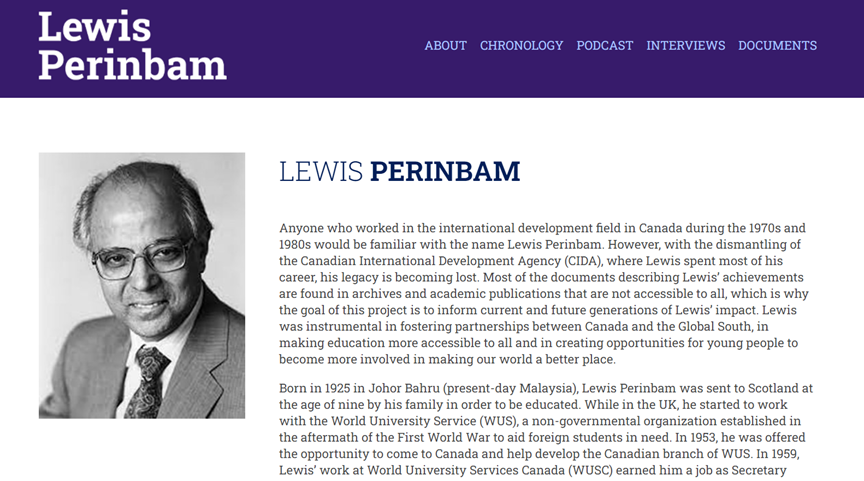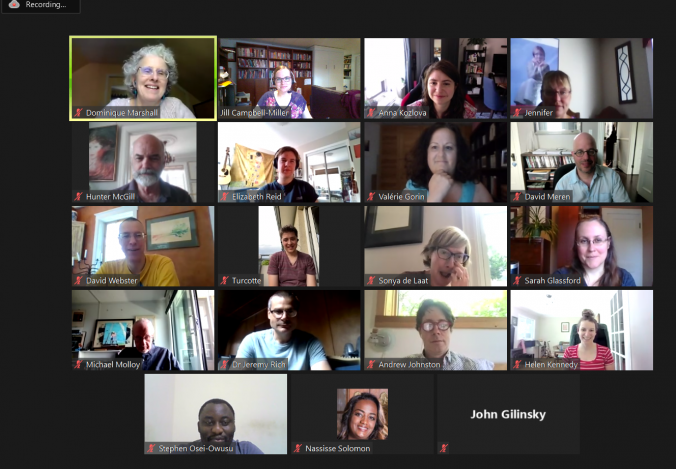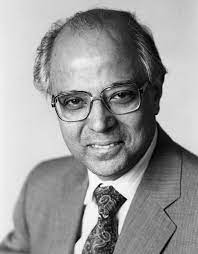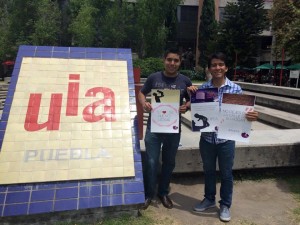Report from Two Years of Co-Creation of Knowledge, Policy, and Education Materials
by Helen Kennedy
August 12, 2022
Back on 6 April 2020, we announced the beginning of a Mitacs-funded research partnership between the Canadian Network on Humanitarian History, Carleton University, and five Canadian NGOs. At that time, we thought pandemic delays might extend our four-month project perhaps an additional two or three months. Now, over two years later, I am happy to announce that the project titled “Micro-Histories of Transnational Humanitarian Aid: Co-Creation of Knowledge, Policy, and Education Materials” has officially come to an end!
For the last two years, I have had the privilege of working with the Latin American Working Group, WUSC (World University Service of Canada), IMPACT (formerly Partnership Africa Canada), the Multicultural Council of Saskatchewan, and the Disability Hub (Centre for Lebanese Studies / Oxfam Quebec) to learn more about the work that they do, tell their stories, and contribute in some small way to the future of their organizations.
Having an opportunity to delve into the diverse histories and policies that shape the work of these disparate organizations has made the long pandemic days a little more interesting. The interviews and archival research I conducted covered a broad spectrum of transnational NGO work, from advocating for more inclusive election practices in Lebanon to contextualizing the work of Black leaders in Saskatchewan at the turn of the 20th century to challenges facing organizations opposed to conflict diamonds to the histories of refugee resettlement and anti-free trade advocacy.
Each organization had unique research challenges and the final reports will be used by the organizations to meet diverse needs.
As the Latin American Working Group grapples with how best to communicate to new researchers the relevancy of their work in the history of transnational solidarity and advocacy movements, we recovered four boxes of archival material and organized their transfer to the LAWG Library at York University. Interviews with former volunteers and the accompanying report sheds light on how anti-free trade solidarity includes more than simply a history of transnational labour history: the histories of refugees, human rights, environmental protection, and diplomacy are bound up in the history of LAWG and Common Frontiers.
As WUSC celebrated its 100th anniversary during the pandemic, we undertook a history of their involvement with Hungarian refugee student resettlement to shine a light on the interconnected nature of their history and their current programming. Today, WUSC hosts over 150 university students annually as part of its Student Refugee Program.
As a founding civil society member of the Kimberly Process, we worked with IMPACT to explore the history of civil society involvement in international diamond regulation. The work aims to support their ongoing advocacy work regarding resource extraction and artisanal mining.
The Multicultural Council of Saskatchewan has been doing incredible work surrounding anti-racism and educating the community on the benefits of cultural diversity since 1975. Our research project aimed to provide context for the life and achievements of Dr. Alfred Shadd, a Black educator, politician, doctor, entrepreneur, and civic leader at the turn of the 20th century.
The Disability Hub at the Centre for Lebanese Studies used our research into inclusive election best practices in North America and Europe as part of their lobbying campaign to improve inclusivity in the May 2022 elections in Lebanon.
It has been immensely varied and gratifying work and I am grateful that our stakeholders gave me their time, expertise, and advice as they navigated adapting their organizations’ work to the online space. I am looking forward to seeing the ways that all the organizations continue to explore their histories in order to shape their futures.
Helen Kennedy is a PhD candidate at Carleton University where she studies international intervention and humanitarian action in Bosnia (1992-1995).








